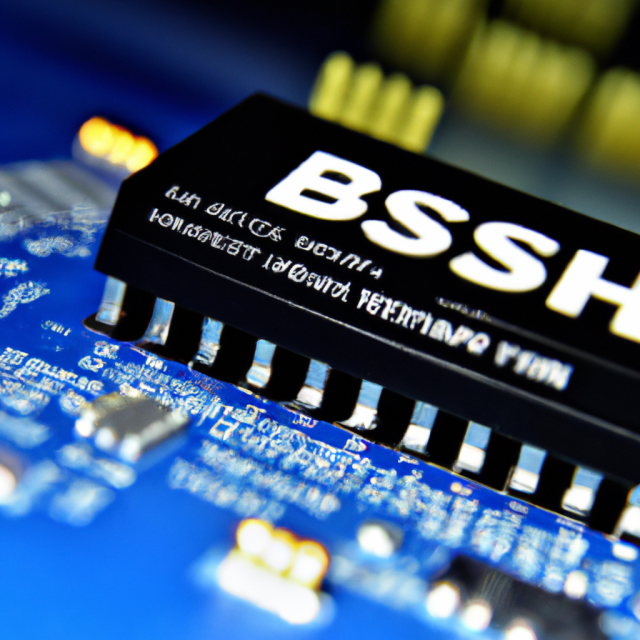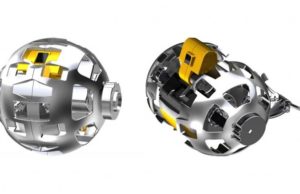Bosch has declared that they will be obtaining the resources from the American firm TSI Semiconductors to grow their semiconductor business with silicon carbide chips (SiC). This information was released by the commercial and technical powerhouse of Germany on Wednesday.
Bosch announced that they will be investing $1.5 billion in the upcoming years to modernize TSI Semiconductors’ plant in Roseville, California. In 2026, the first chips manufactured from these facilities will utilize silicon carbide wafers with 200 millimeters in size.
The automotive industry, one of the most affected by the semiconductor shortage that kicked off due to the Covid-19 pandemic, celebrates the news of more chips being produced in the U.S. This shortage started when factories had to close or lessen production because of social distancing restrictions, thus disrupting worldwide networks of supply. The coronavirus lockdown resulted in an increase in demand for electronic items, combined with an upsurge in demand from automakers who sought to make electric and smarter cars, which only aggravated the shortage even more.
The amount of chips placed in electric vehicles is typically higher than that of their non-electric competitors, largely due to their superior driver assistance, infotainment systems and other features. This number was evidenced in 2021, where cars contained an average of 1,200 chips, a significant increase from the approximately 600 found in vehicles a little over a decade ago and this number looks to grow further in the near future.
Bosch’s new factory will be creating Silicon Carbide (SiCs) which have been increasingly sought after within the automotive industry. As the SiC market has grown by an average of 30 percent annually, the main attractions are its capacity to offer improved range and more efficient charging times for electric vehicles, in addition to its capability to lose 50 percent less energy and last longer with less maintenance required.
By 2025, Bosch anticipates that an average of 25 of its chips will be present in every new car.
Vice President Kamala Harris stated that the Invest in America agenda has enabled a $1.5 billion investment which will lower costs, reinforce our electric vehicle production line, facilitate the reconstruction of American production and generate economic chances for California’s laborers. Additionally, it will bring more electric vehicles to our streets, an objective that she has fought for during her time in the US Senate.
Bosch noted that the exact amount of capital being put forward would depend largely on access to money from the CHIPS and Science Act, which was institutionalized by the Biden presidency in 2022, as well as the finance opportunities within California’s boundaries.
The CHIPS and Science Act seeks to increase American research, design, and creation of semiconductors as America rushes to rival China. In the past year, transactions of semiconductors displaying sophisticated capability and speedy connecting speeds to China have been blocked by the United States.
Bosch declined to state the amount of funds they anticipate receiving from the government to progress with their plans in chip-making in the US. In February, President Biden released a $50 billion initiative aiming to restore the semiconductor sector, compromising $39 billion allotted for semiconductor incentives. The announcement called for applications for constructing, extending, or modernizing commercial facilities for semiconductor production.
Bosch and TSI Semiconductors have not revealed the particulars of the acquisition, which needs authorizing. Bosch states that this purchase will cause its around the world semiconductor fabricating system to become bigger. For more than sixty years, it has been making semiconductors and has dedicated billions of euros to the industry all over the world, especially the wafer factories in Reutlingen and Dresden, Germany.
The headline has been edited due to its incorrect specification of the purchase as being valued at $1.5 billion. Bosch did not unveil what the acquisition cost was. The $1.5 billion is the additional funding the firm is investing into the site.












